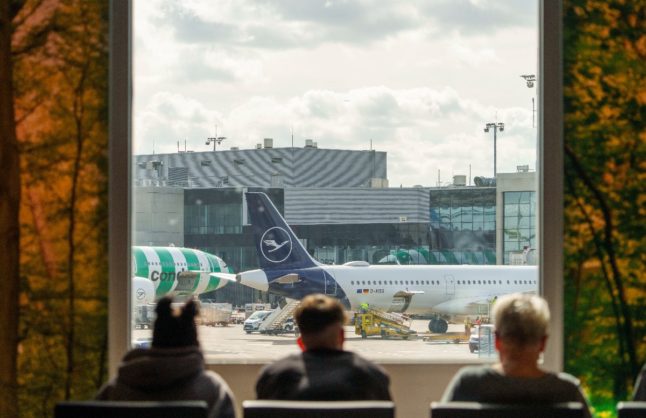Under plans to reform how property tax is calculated, around 36 million homeowners in Germany have been asked to fill in a tax declaration this year.
The deadline for submitting the new declaration is currently set to expire at the end of October. But according to Finance Minister Lindner, just a quarter to a third of property owners have completed their tax return so far.
Speaking on the RTL/ntv programme Frühstart, the FDP politician said he would arrange talks with the state premiers this week in order to pitch a deadline extension of at least a few months.
“My offer: we extend the deadline for submitting the property tax return by a manageable period of time,” he said.
Lindner said it was important to be “realistic” about the fact that some citizens, especially older property owners and pensioners, felt overwhelmed with the tax return.
He also acknowledged that there had been problems with the software for submitting tax returns, which had added to homeowners’ woes.
Reform has faced numerous hurdles
The new system will primarily calculate the tax rate using land value and rent, though states will be able to introduce other regulations.
Advocates of the change say the new system is fairer than the current one that bases the tax rate on the (often outdated) value of the property.
READ ALSO:
- EXPLAINED: The German property tax declaration owners need to know about
- Update: What you need to know about the German property tax reform that affects us all
However, attempts to carry out the largest tax reform since the Second World War have hit numerous hurdles along the way, with property owners complaining of difficulties filling in and submitting the declaration.
There were also issues affecting the government’s Elster tax portal, which was overloaded with users in July after the tax offices started accepting property tax declarations.
The problems have led to growing calls to extend the deadline until at least January 31st, 2023.



 Please whitelist us to continue reading.
Please whitelist us to continue reading.
Member comments